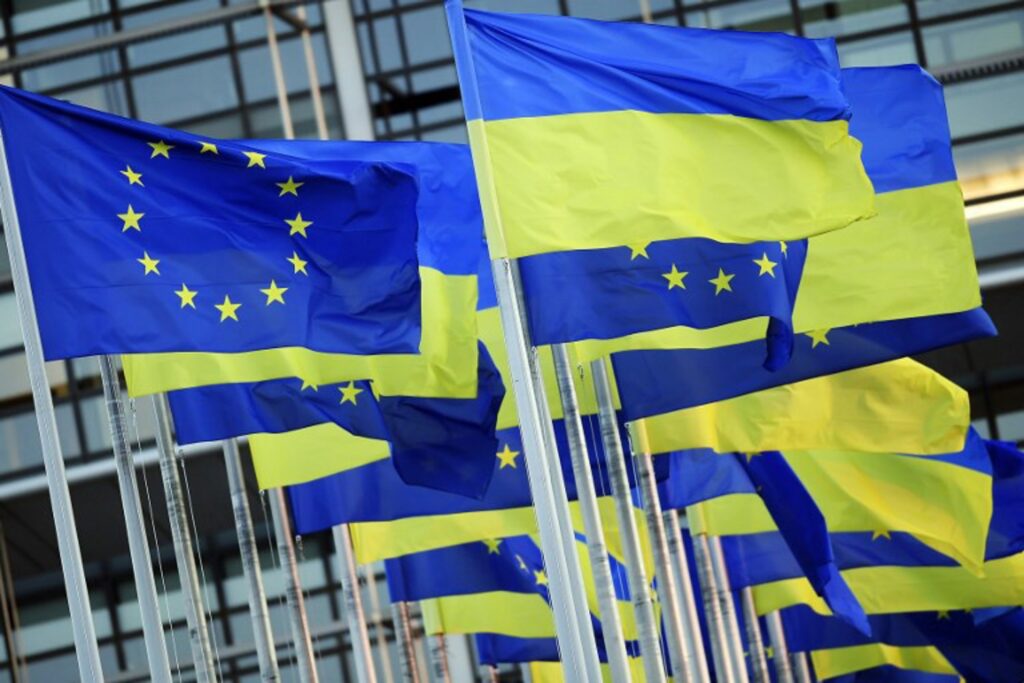On Tuesday in Strasbourg, the European Parliament overwhelmingly supported a new EU loan for Ukraine, which could reach up to €35 billion.
The assembly adopted the "macro-financial assistance" mechanism with 518 votes in favour, 56 against, and 61 abstentions. This initiative contributes to the G7’s June agreement to provide Ukraine with up to $50 billion (€45 billion) to aid its resistance against the Russian invasion. The opposition came mostly from the far right.
Approximately €210 billion from the Russian Central Bank is frozen in the EU, primarily in Brussels-based Euroclear. The profits from these frozen assets, about €3 billion annually, will help Ukraine repay the loan over several decades.
The aim is to disburse the G7 funds between the end of this year and the end of 2025. The process has accelerated in recent weeks, following earlier uncertainty due to European guarantees on sanctions enforcement beyond six months. Hungary has blocked these regulatory changes, awaiting the outcome of the US presidential elections, which Viktor Orban hopes will favour Donald Trump.
According to the Financial Times, the potential return of Donald Trump is driving the Biden administration to release the American portion of the initiative, up to $20 billion, by the end of the year, potentially reducing the European share.
Last week, Ukrainian President Volodymyr Zelensky visited Brussels to stress his country’s significant needs as Russia targets Ukraine’s energy infrastructure ahead of winter, with North Korean troops reportedly arriving to aid Russia.
Johan Van Overtveldt (N-VA, ECR) believes the North Korean presence in Russia signifies "China’s de facto entry into the conflict." He deemed Tuesday’s European support crucial for Ukraine’s defence industry, "its freedom, and therefore ours."
Wouter Beke (CD&V, EPP) rebuffed claims that EU support for Ukraine was “all talk and no action.” He argued that North Korean troops joining Russia shows the conflict now threatens “global peace.”
The EPP (conservatives), Renew (liberals), and the Greens/ALE voted unanimously. Among the Socialists, support was substantial, with Raphaël Glucksmann calling for the seizure of the €210 billion in Russian assets, a legally risky move according to the Commission. The Left, not unanimous, demanded partial debt cancellation for Ukraine to help its recovery.
Commission representative Didier Reynders welcomed the Parliament’s broad support. “The lack of unanimity underscores the necessity to fight for the values of a strong EU, democracy, the rule of law, and human rights. This is what we aim to achieve with this proposal.”
The Council (Member States) has already approved the text and will adopt the regulation through a written procedure for it to take effect the day after its publication in the Official Journal of the EU.

